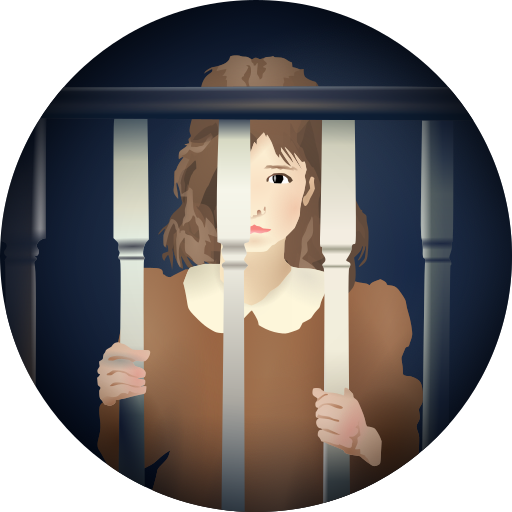This page lists tropes of literary work Always Visible (Another Prayer for the Dying Horror Genre) by Russian author Vitaly Ivolginsky, starting with the letter B.
For compiling the list, we bring our thanks to “tv|tropes” website.
Warning: detailed listing and analysis of tropes may partially or completely reveal the plot or other nuances. In addition, their number may be supplemented from time to time.
Denial of responsibility: possible strange language constructs are caused by translation from the author’s native language into English.
List of tropes
- Being God Is Hard: Lampshade Hanging. Delia does not claim to be a god, but she wonders how difficult it is for her to bear the burden of being God’s slave.
- Big-Lipped Alligator Moment: The moment with the shoplifter from the first chapter of the first act and the two beggars who sold socks to the cashier in “Orcinus Orca Osteria” immediately come to mind.
- Blessed with Suck: It may seem that Delia has good immunity in exchange for the fact that she cannot have children in principle (due to a strange disease in the uterus).
- Bittersweet Ending: Delia is dead and her killer is on the run in London, but at least the detective investigating the case has a chance of catching the man.
- Big Bad: Doctor Baselard, who kills Delia, is mentioned in this way throughout the third act of the work.
- Berserk Button: Delia’s death drives Inspector Galbraith crazy, even though he has only seen her once in his life.
- Back from the Dead: Lampshade Hanging. The fate of Delia’s father is never revealed, but it is suspected that his dopplegangers are a consequence of him having died and his spirit haunting the earth. This is speculative information.
- Benevolent A.I.: In the last act of the work, the character deals with the D.O.O.R., a supercomputer that simulates virtual reality. Scientists joke that it can be adapted to create films, and Galbraith himself, impressed by his “reading session,” prophesies the death of cinema.
- Broken Record: The whacky psychic who was pursuing Jordan kept repeating the same phrase “Take a book!”.
- The Bad Guy Wins: The open ending leaves no doubt that doctor Baselard has fooled Galbraith after all.
- Big “YES!” : When Galbraith leaves “Orcinus Orca Osteria” in upset feelings, when asked by the waiter what he thinks about their establishment, the inspector answers this way.
- Bread, Eggs, Milk, Squick: Almost literally, when Galbraith visits a “Orcinus Orca Osteria” where he watches the cashier strip the foot to accept socks from crazy beggars.
- Bedlam House: The cafe “Clair’n’Tone” which Galbraith visits in London is a place that is already decorated for Christmas in October, and the food they serve is cognac with caramel syrup and Caesar salad without dressing. It is not surprising that the inspector is essentially the only visitor there.
- Better to Die than Be Killed: In Pharqraut’s student story, Dorian Gray kills himself because he does not want to be killed at the hands of the workers who are rebelling in London.
- Beware the Nice Ones: As in the film, Delia here is a danger to Jo, but not because she does anything herself, but only because of her suspicious parents (and the fact that she was born with problems with the uterus).
- Break the Cutie: Delia’s parents traumatize their daughter when they imprison her boyfriend and make her believe he is dead, causing her to become depressed and think about Jo almost every day.
- Black Comedy: In essence, this work is a comedy that makes fun of the horror genre. The deliberately grotesque moments are meant to symbolize this.
- Bus Crash: Delia’s father gets into an accident off-screen, causing him to lose his ability to think and move.
